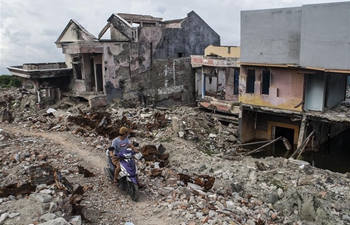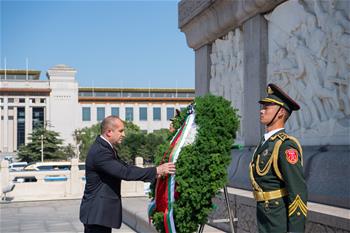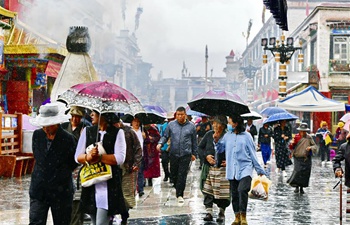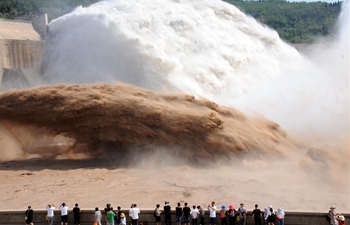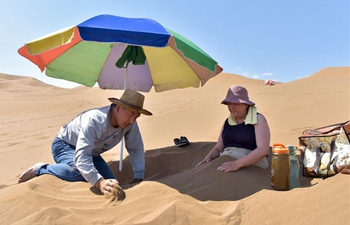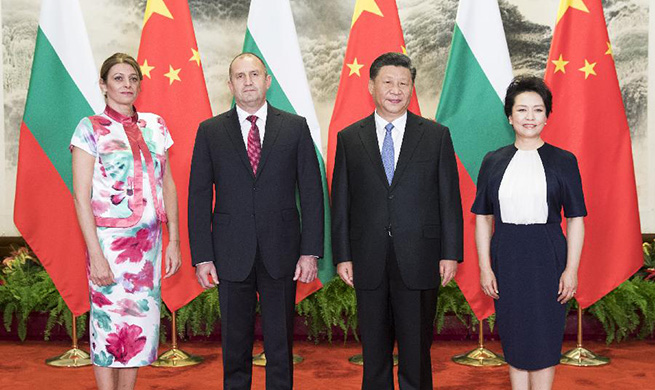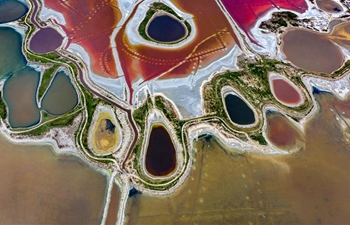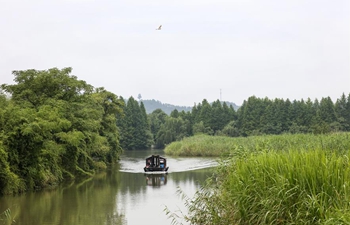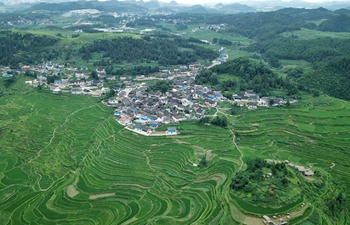BAGHDAD, July 3 (Xinhua) -- Provincial authorities of Iraq's central province of Salahudin rejected Wednesday to bury radioactive waste in the provincial territories and called on the central government to stop transferring such waste from southern to the province.
"The province of Salahudin with all of its executive and legislative authorities will not accept this procedure under any justification, because the life and property of citizens are red line," Ammar Jaber, governor of Salahudin, said in a statement.
Jaber demanded Prime Minister Adel Abdul Mahdi to stop the transfer of radioactive waste because "it will cause serious damage to the lives of citizens and their property, especially that the target area represents agricultural land with high productivity."
For his part, Ahmad al-Karim, head of the Salahudin's Provincial Council, rejected in a statement the "decision of the Iraqi government, considering it a bad decision that target the community structure of the province, due to its devastating impact on various forms of human and environmental life."
Muthanna al-Samarrai, a member of the parliament for the province, said in a separate statement that the people of the city of Samarra, about 120 km north of Baghdad, and the residents at the edges of the towns of Balad and Dejail, both in south of Samarra, will be the most affected by the radioactive waste, as the landfill site is close to these residential areas.
The landfill site is also expected to affect the nearby Lake Tharthar, which is the largest water reservoir in Iraq, which feeds southern and central Iraq with water during the water scarcity in the summer, al-Samarrai said.
The landfill site is located in the abandoned al-Muthanna facility, which was used by the former regime of Saddam Hussein to manufacture chemical weapons. It is located some 20 km southwest of the city of Samarra.
The radioactive materials are several tons of remains of tanks, weapons and laboratories exposed to U.S. bombing by depleted uranium projectiles during 1991 and 2003. The materials still contain large quantities of radiation, despite attempts of treatment during the last period, according to local media reports.
The Iraqi government decided about a month ago to bury the radioactive waste in a desert at Anbar province, but strong rejection by the provincial authorities and people forced the government to shift the waste to Salahudin province.




